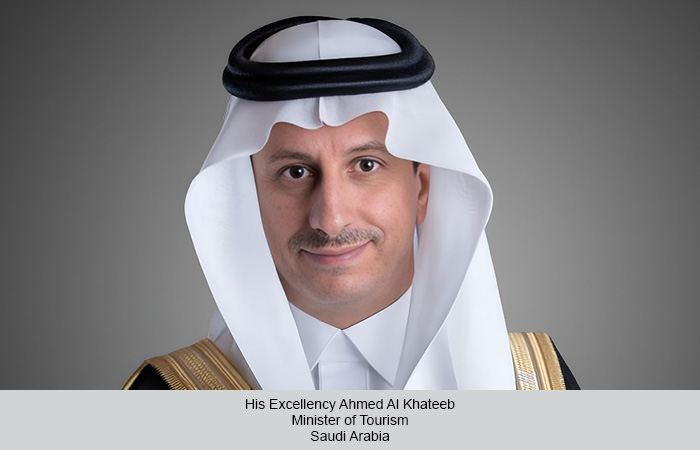Achieving a net profit of $939 million in Q3, 2017, the highest in the airline’s history, Turkish Airlines is on its way to become the paramount leader in the European sky.
TT BUREAU
Turkish Airlines has become one of the most resilient and dominant airlines in the European sector connecting over 300 destinations, including 49 domestic destinations, 251 international destinations in 120 countries. With the addition of Samara and Phuket in the third quarter of 2017, Turkish Airlines is also known to have one of the youngest fleet in the world. Last year, the airline recorded a total fleet comprising 223 narrow body planes, 90 wide body planes and 16 cargo planes, a total of 329 aircraft servicing its customers.
According to the 2017 Skytrax survey, Turkish Airlines was named ‘Best Airline in Europe’ for six consecutive years from 2011 to 2016, and has now been chosen as the ‘Best Airline in Southern Europe’ for the ninth consecutive time. The year 2017 was an equally good year for Turkish Cargo. The company increased its number of destinations from 55 to 72 as of Q3, 2017, reaching to 294 thousand tons of cargo with 29 per cent increase. Turkish Cargo also increased revenues by almost 40 per cent reaching $343 million in Q3, 2017. All the efforts and year-long hardwork of Turkish Cargo resulted in the company receiving the award of the ‘Best Air Cargo Carrier in Asia’ in 2017.
Last year, Turkish Airlines also witnessed several code-share agreements in the Middle East. Code share has been a positive and strategic step forward for Turkish Airlines through which the company has been able to strengthen and enhance ties and offering to passengers. To strengthen ties with the Middle East region was a priority for Turkish Airlines in 2017. With open and direct routes from the Middle East to the Black Sea and Mediterranean regions, the Middle East has become one of Turkish Airlines’ most profitable regions to date. The company has signed successful code-share agreements with Middle East Airlines, Royal Jordanian and Gulf Air. After completing 2017 successfully, Turkish Airlines has now set its targets for 2018, the year in which the carrier will move its hub to the third airport of Istanbul.
According to the non-consolidated 2018 budget that was approved by the Board of Directors under the Presidency of M. úlker Aycı, Chairman of the Board and the Executive Committee of Turkish Airlines, the guidance regarding the Incorporation’s targets and expectations for the year 2018 are as follows:
Traffic Development: Total number of passengers carried is targeted to reach 74 million including 33 million on domestic routes, 41 million on international routes. While passenger load factor is expected to be in the band of 79 per cent and 80 per cent, total Available Seat Kilometers (ASK) will approximately reach to 183 billion with an increase of between 5 per cent and 6 per cent compared to 2017. Capacity (ASK) increase is expected to be 10 per cent in Turkey, 9 per cent in Middle East, 6 per cent in Europe, 6 per cent in Far East, 4 per cent in America and 3 per cent in Africa regions. In 2018, cargo/mail is expected to increase by 21 per cent reaching 1.3 million tons.
Financial Development (Unconsolidated): In 2018, jet fuel consumption is expected to increase by 9 per cent compared to 2017. Average jet fuel (including fuel hedge) is expected to be $633/ton in 2018. The Incorportaion is targeting to generate $11.8 billion of sales revenue. Cost per available seat kilometer (CASK), excluding fuel is expected to increase by between 3-5 per cent. Unconsolidated EBITDAR margin is targeted to be between 21 per cent and 22 per cent, whereas consolidated EBITDAR margin is targeted to be in the band of 23 per cent and 24 per cent. “The net profit recorded in Q3, 2017, clearly demonstrates our capacity to generate cash,” said ølker Aycı, Chairman of the Board and the Executive Committee, Turkish Airlines. “As the Turkish Airlines family’s aim to become one of the leading five star airlines in the world, we will continue this growth trend without ever compromising on our service quality. As the largest exporter of Turkey, our march will continue to position Istanbul as a major hub for international airport,” he added.
 TravTalk Middle East Online Magazine
TravTalk Middle East Online Magazine





